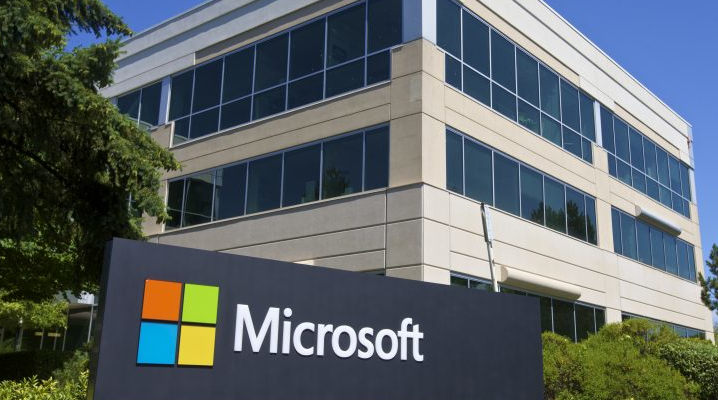 AI
AI
 AI
AI
 AI
AI
Microsoft Corp. has reportedly pulled back on multiple planned data center projects three months after it announced plans to spend $80 billion to build artificial intelligence data centers through the current fiscal year.
Bloomberg, referencing people familiar with the situation, claims that Microsoft had recently halted talks for, or delayed development of, sites in Australia, Indonesia, the U.K. and several U.S. states — Illinois, North Dakota and Wisconsin.
Microsoft hasn’t denied the report, with a spokesperson saying that Microsoft has made changes to its data center plans. “We plan our data center capacity needs years in advance to ensure we have sufficient infrastructure in the right places,” the spokesperson said. “As AI demand continues to grow and our data center presence continues to expand, the changes we have made demonstrates the flexibility of our strategy.”
The delays and changes are said to include Microsoft withdrawing from negotiations to lease space in the U.K. at a site being marketed for its ability to host advanced Nvidia Corp. chips and halting negotiations for data center space at a site near Chicago.
In other cases, Microsoft is claimed to have delayed construction, pausing work on a data center campus outside of Jakarta, Indonesia and has put on hold some planned expansion at a site in Mount Pleasant, Wisconsin.
Though Microsoft’s response seems reasonable — it’s not unusual for a large company with multibillion-dollar plans to make changes — it also comes at a time when some fear that AI is showing signs of a bubble, complicated by a shift in AI model development to requiring fewer resources.
One of the early beliefs around AI — early as in as recently as December — is that AI development needs more and more computing power to advance. But then came along Chinese startup Hangzhou DeepSeek Artificial Intelligence Co. Ltd. in January with its DeepSeek-R1 model that threw what was conventional AI wisdom on its head. DeepSeek was trained for $5.6 million and didn’t require massive billion-dollar AI data centers to develop.
Other models from China have since emerged that deliver comparable results to top models from companies such as OpenAI, Google LLC, Anthropic PBC and others, all trained and developed for far less than their Western competitors.
If Microsoft is indeed scaling back its AI data center efforts, it may well be doing so having seen the direction AI is currently heading and it’s not one of high cost and scarcity versus low cost and ubiquity.
As AI enters the mainstream — whether AI has hit its inflection point yet is arguable — the technology is on a race to the bottom in terms of cost of development. Microsoft may be wise to pause and consider where it should be spending its funds, given the shift in the market.
Support our mission to keep content open and free by engaging with theCUBE community. Join theCUBE’s Alumni Trust Network, where technology leaders connect, share intelligence and create opportunities.
Founded by tech visionaries John Furrier and Dave Vellante, SiliconANGLE Media has built a dynamic ecosystem of industry-leading digital media brands that reach 15+ million elite tech professionals. Our new proprietary theCUBE AI Video Cloud is breaking ground in audience interaction, leveraging theCUBEai.com neural network to help technology companies make data-driven decisions and stay at the forefront of industry conversations.